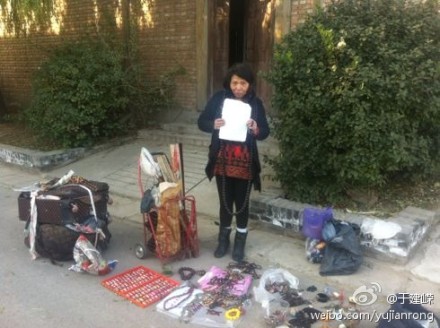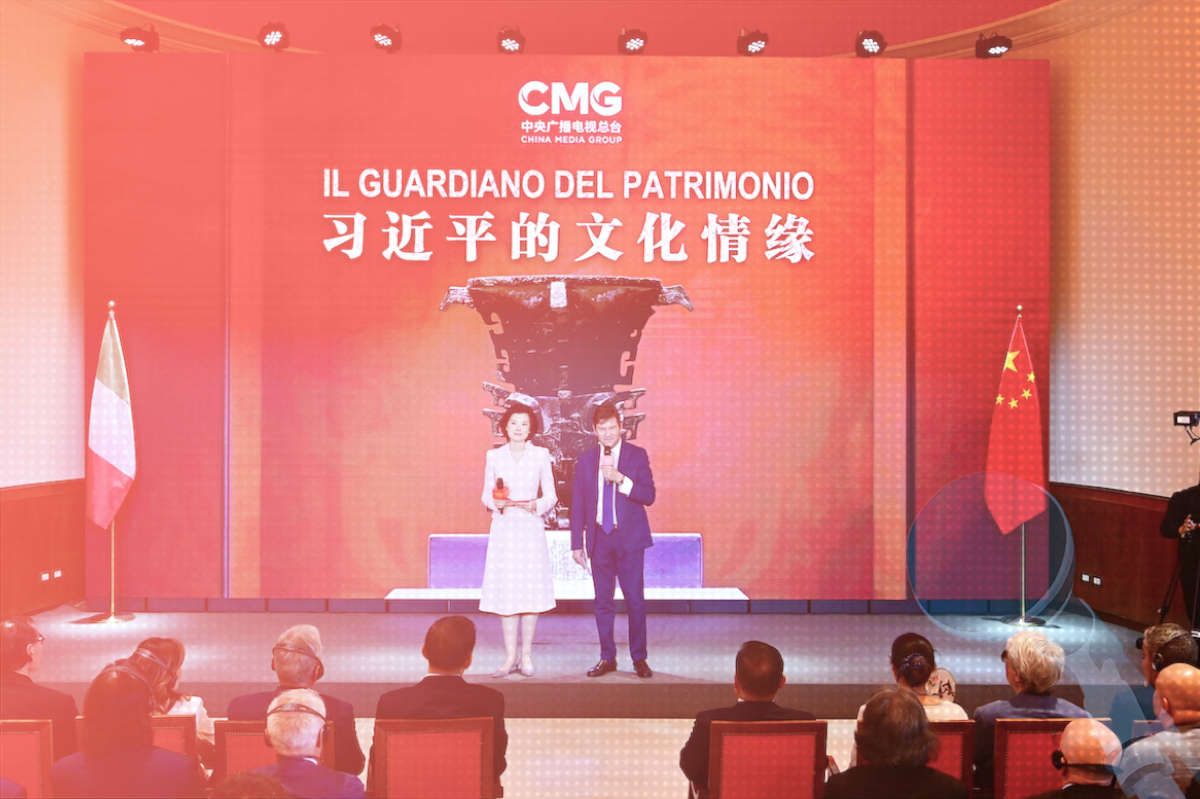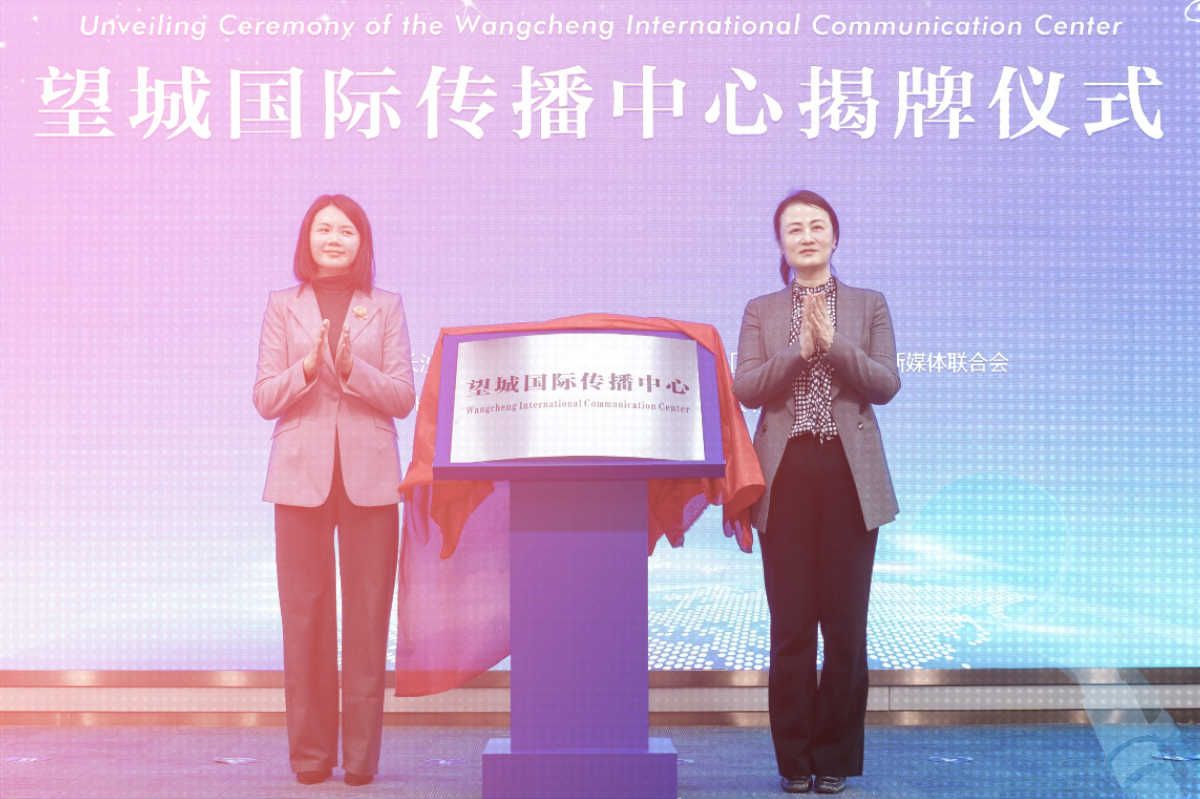Headlines and Hashtags
Dear leaders: what would you do?
We’ve all read (or written) one story or another that addresses in a broader sense the impact of social media in China. But one small story making the rounds in China today illustrates quite well both the possibilities and limitations of social media impact.
At 3:06 p.m. today, prominent Chinese scholar and former CMP fellow Yu Jianrong (于建嵘) made a post to Sina Weibo in which he raised the case of a woman from Henan province who says she spent a year in a re-education through labor facility after petitioning in Beijing.
A report to our leaders: I know I have previously promised you that for the sake of [creating a] favorable environment and a resplendent image for our nation I would not again involve myself in the petitioning cases of ordinary people. But this Yan Huiming (晏会明), who came into Beijing from Henan’s Xinji City (辛集市), showed up on my doorstep this morning and was determined to set up shop and fight to the end. In order to leave my home, I could only listen to her tell her story and have her show me the documents she brought. It turns out that she was sent for a year of labor re-education for petitioning before. She has suffered a lot and hopes I can shout out on her behalf. Leaders, faced with this situation, what would you do?
报告领导:虽我曾向你们承诺,为了国家的大好形势和光辉形象,不再过问民众上访的事。但这位河北辛集市进京上访的晏会明,大清早就堵在我的家门口,并摆摊设点打算长期战斗。我为了出门,只得听她诉说和看她的材料。原来她因上访被劳教一年,受尽折磨,希望我为她喊几句。领导,遇到这样的事,如何办?

[ABOVE: This photo posted by Yu Jianrong to Sina Weibo shows petitioner Yan Huiming outside his home on the morning of November 19.]
By 9 p.m. this evening Yu Jianrong’s post had received just under 3,000 reposts and more than 1,000 comments on Sina Weibo. At 9:20 p.m., six hours after the original post, Yu Jianrong posted an update to his Weibo account:
Finally, some encouraging news: a Henan provincial department called to inform [me] that leaders have seen the Weibo post and give it great priority: 1. they are thankful for my attention to this case; 2. they will contact Yan Huiming as quickly as possible and resolve her case fairly. Ha ha, so we can also earn the praise of our leaders. I hope there will be more good results to come.
终于等来一个可以高兴点的消息:河北省有部门来电话告知,领导看到了微博,很重视:1、感谢我关注此案;2、尽快与晏会明联系,公正处理此案。嘿嘿,咱也是得到领导表扬的人了,希望有更好的结果。 (3分钟前)
After seeing the updated post, Weibo Zhiwei (微博之维), a Chinese media researcher, wrote enthusiastically: “Weibo is becoming a platform for supervision by public opinion.”
A good case can be made for Weibo Zhiwei’s statement. Indeed, social media can turn mass attention to a case or issue and perhaps exert some pressure on authorities. And in some sense, yes, they are increasingly taking on a monitoring role that we have in the past seen exercised predominantly through print media — particularly through the investigative reporting done by commercial magazines and newspapers since the late 1990s.
But there is a huge caveat too. We can’t forget that with just under 1.5 million followers on Sina Weibo, Yu Jianrong is a one-man media phenomenon. He is a highly respected scholar frequently sought out by both domestic and international media.
For Yan Huiming, getting a fair hearing — if indeed that is what she gets in the end — still meant journeying hundreds of miles and risking another run-in with authorities. She had no choice, even with Weibo at her fingertips, but to get to the doorstep of someone capable of speaking for her.





















